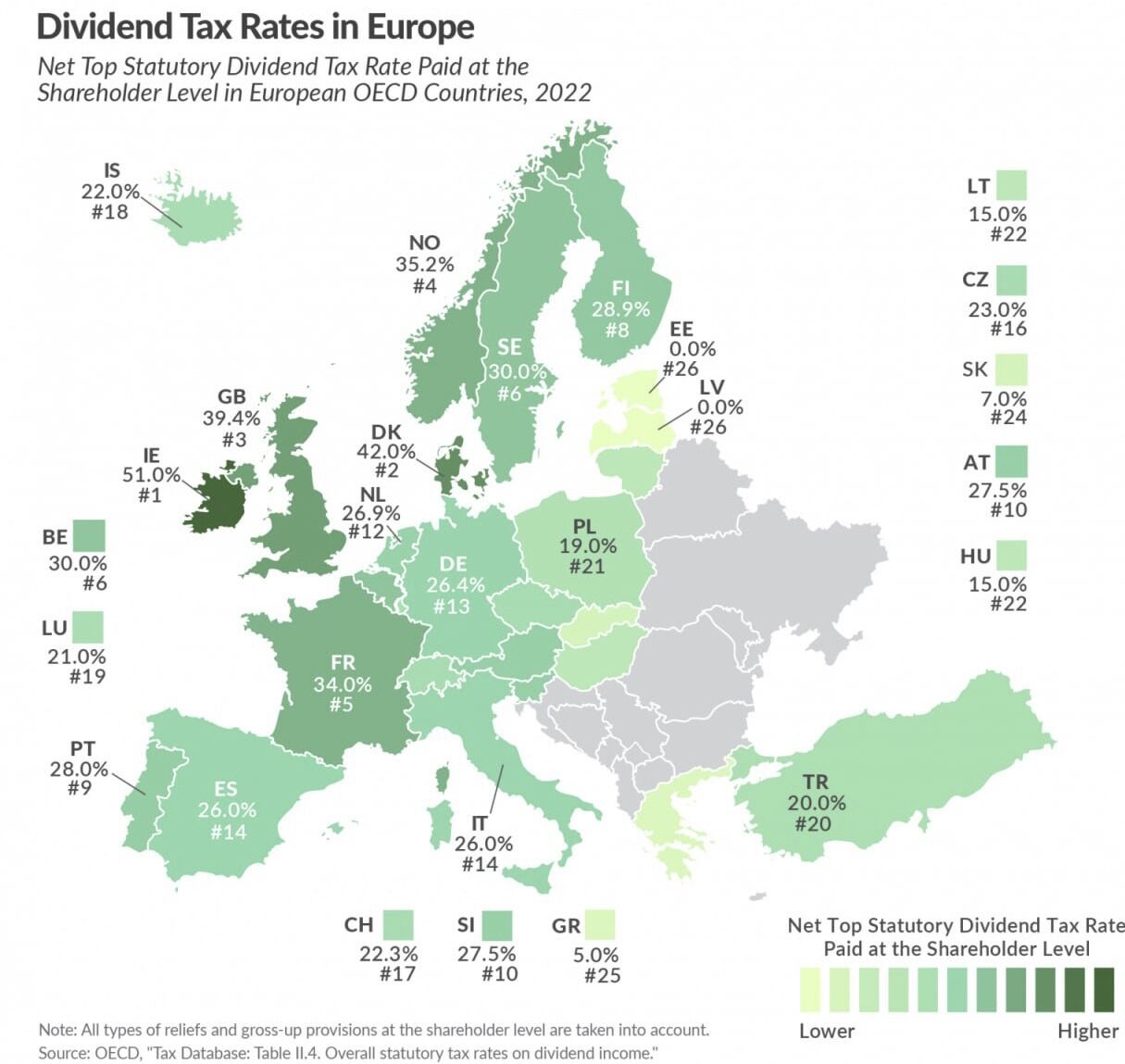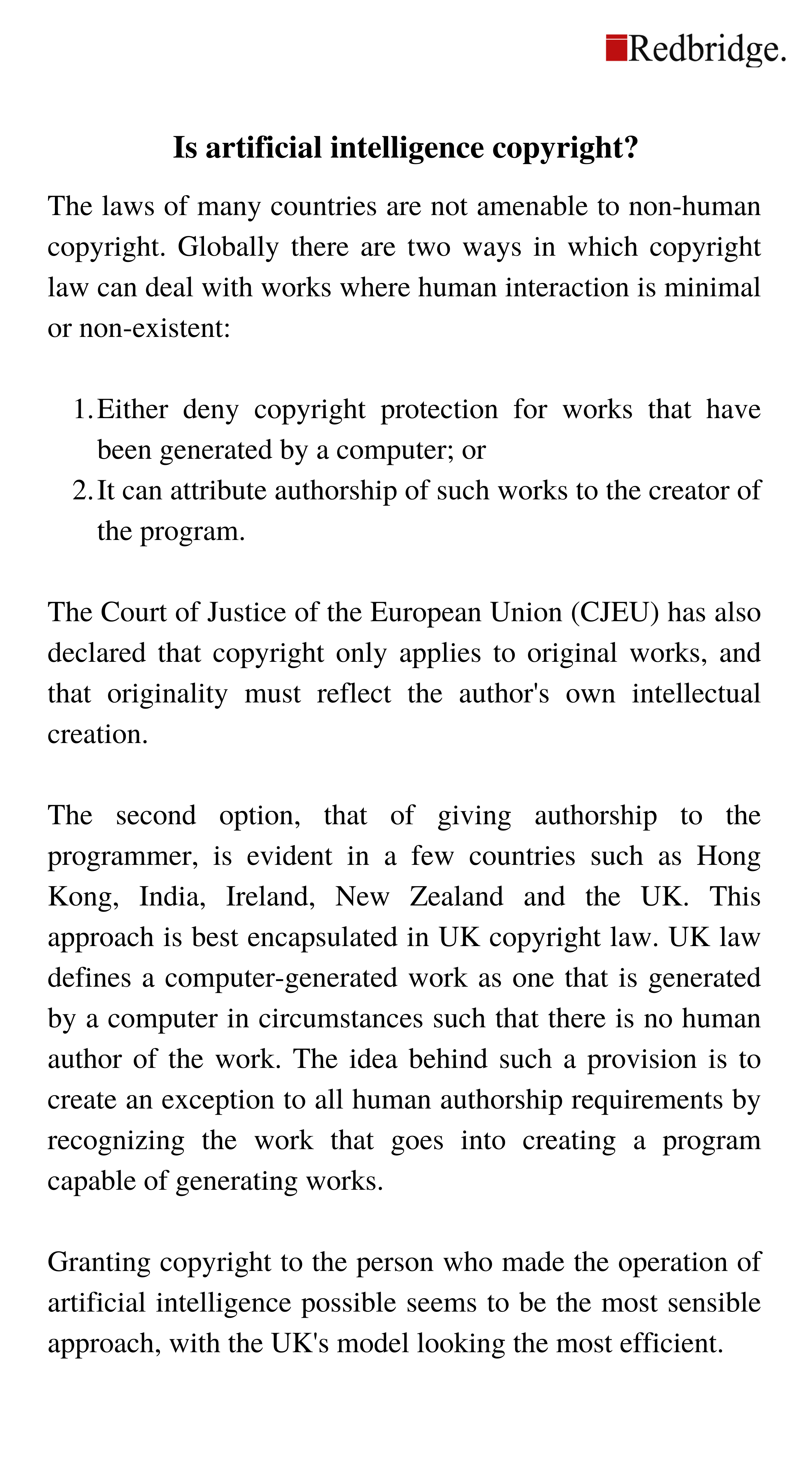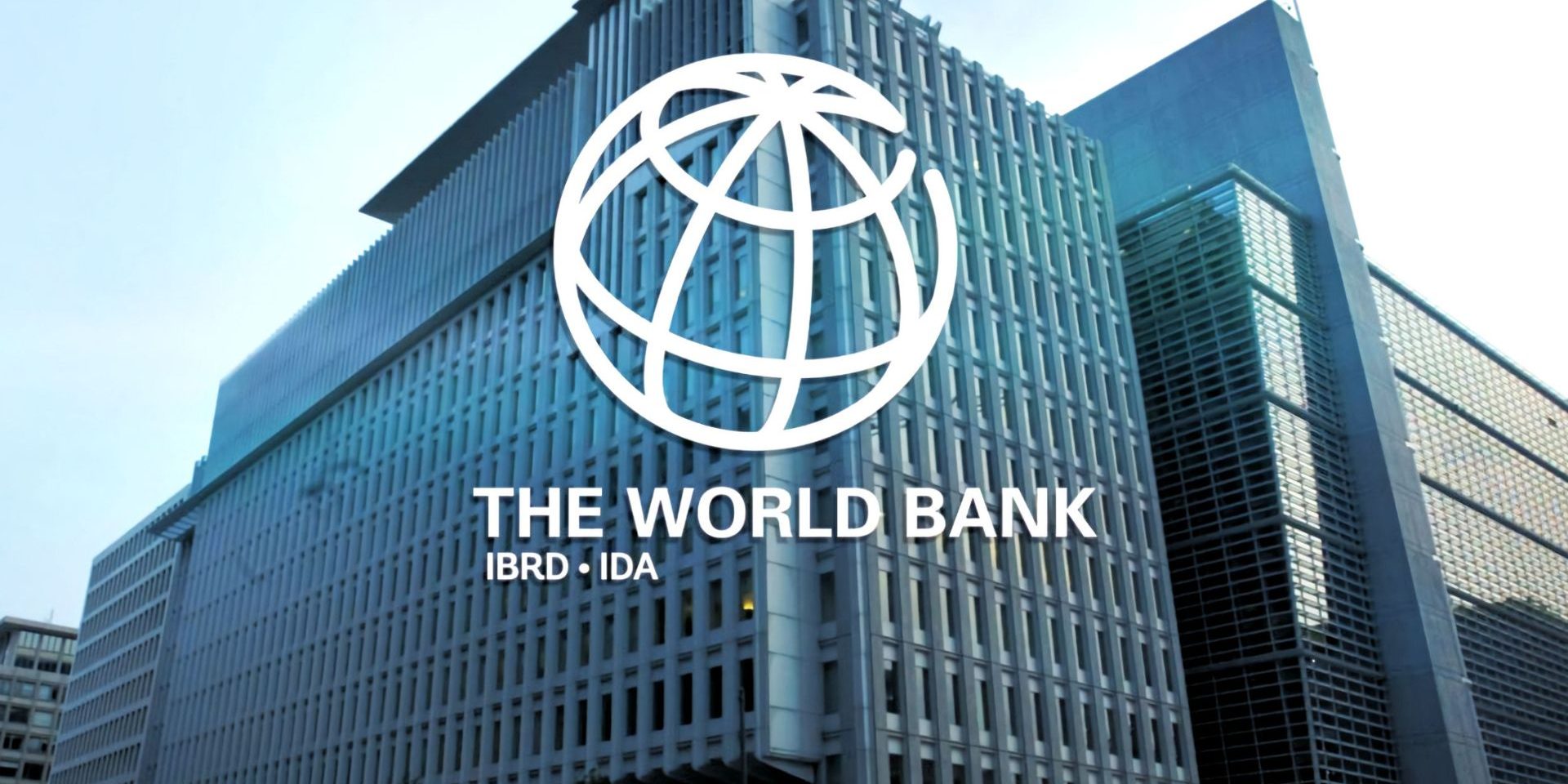The US Government Agencies Point Out New Red Flags that May Signal Evasion of Russia Sanctions. Common red flags can indicate that a third-party intermediary may be engaged in efforts to evade sanctions or export controls, including the following:
🚩Use of corporate vehicles (i.e., legal entities, such as shell companies, and legal arrangements) to obscure (i) ownership, (ii) source of funds, or (iii) countries involved, particularly sanctioned jurisdictions;
🚩A customer’s reluctance to share information about the end use of a product, including reluctance to complete an end-user form;
🚩 Use of shell companies to conduct international wire transfers, often involving financial institutions in jurisdictions distinct from company registration;
🚩 Declining customary installation, training, or maintenance of the purchased item(s);
🚩 IP addresses that do not correspond to a customer’s reported location data;
🚩 Last-minute changes to shipping instructions that appear contrary to customer history or business practices;
🚩 Payment coming from a third-party country or business not listed on the End-User Statement or other applicable end-user form;
🚩 Use of personal email accounts instead of company email addresses;
🚩 Operation of complex and/or international businesses using residential addresses or addresses common to multiple closely-held corporate entities;
🚩 Changes to standard letters of engagement that obscure the ultimate customer;
🚩 Transactions involving a change in shipments or payments that were previously scheduled for Russia or Belarus;
🚩 Transactions involving entities with little or no web presence; or
🚩 Routing purchases through certain transshipment points is commonly used to illegally redirect restricted items to Russia or Belarus. Such locations may include China (including Hong Kong and Macau) and jurisdictions close to Russia, including Armenia, Turkey, and Uzbekistan.







